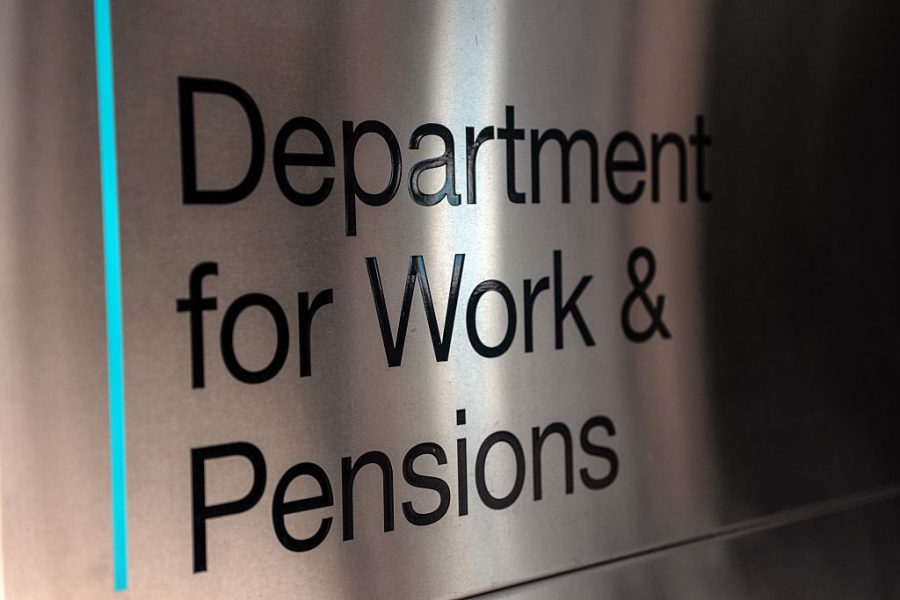According to official figures from the Department for Work and Pensions, benefits fraud costs the taxpayer £9.5 billion a year. But does anyone really believe it isn’t higher, given the massive rise in people apparently so incapacitated by poor mental health that they are incapable of working?
It transpires that Liz Kendall’s efforts to save the taxpayer £5 billion a year will do nothing of the sort. A government impact assessment estimates that the benefits bill will actually rise by £8 billion over the next few years as the claimant count increases by 750,000. And even Kendall’s reforms may end up being watered down if Labour backbenchers have their way. Enough of them have threatened to rebel to wipe out the government’s massive majority. In their minds, even the slightest attempt to tackle the exponential rise in people claiming to be too mentally sick to work is an evil attack on ‘the poorest and weakest in society’.
Almost everyone seems to accept that work is generally good for mental health
Sorry, but it doesn’t add up. We live in an age when psychiatric drugs are better than they have ever been. Support in the workplace is better than it has ever been. Anyone feeling stressed at work now has facilities that simply weren’t available a generation ago. And yet we seem to have an epidemic of mental illness nonetheless. There is another word for what is going on: fraud.
The real epidemic that we are suffering from is one of people choosing a life of leisure by feigning mental health that is so poor it forbids them from getting up in the morning and doing a day’s work. Maybe they are not committing fraud consciously; maybe many have convinced themselves that they really are too fragile to work. But fraud is what it is. It is just that we can’t seem to bring ourselves to recognise that because the mentally ill have acquired the status of sacred victims; they must not be criticised in any way.
How do we get out of this hole, which is sinking the economy as well as the public finances? A few modest proposals. Almost everyone seems to accept – government ministers have repeatedly made the point in recent months – that work is generally good for mental health. It gives people a purpose, a reason to get up in the morning, a sense of satisfaction that they have achieved something.
Therefore, why don’t we simply abolish sickness benefits for mental illness and offer people a job instead, to which they would have to turn up and do something in order to be given any money? There are plenty of unchallenging tasks which could be found, such as clearing weeds from pavements and repainting park benches, which would improve neighbourhoods as well as give some purpose to the mentally unwell.
Secondly, how about actually enforcing the laws on cannabis, which has been proven to have a deleterious effect on mental health. It is likely no coincidence that the massive rise in mental health claims has coincided with a period in which the reek of dope on our streets has become ubiquitous. The idea that Britain is losing a ‘war on drugs’ is laughable. If there ever was such a war, the white flag was run up decades ago. Just try asking a Singaporean if a genuine war on drugs cannot work.
And lastly, how about cancelling the passport of anyone in receipt of out-of-work benefits? If you are too sick to work, you are too sick to travel – which has a tendency to be far more stressful than going out to a straightforward job. It would also do away with another kind of fraud: people claiming UK benefits when they are not actually present in the country.
Some may find these proposals harsh, but if you want to shout them down, then the onus is on you to come up with a better way of stopping benefits claims bankrupting the country. Labour’s modest reforms certainly aren’t going to do the job.








Comments